A legacy-driven media platform documenting Korean excellence in culture, economy, and identity


Kyungjin Cho has worked as a journalist in Korea for over 17 years, reporting with depth and insight. She currently resides in the U.S., gaining new experiences through the lens of a journalist in American culture and education. Notably, she founded the Korean student broadcasting club KHBS (KPAC HighSchool Broadcasting System), offering global media exposure and educational value to young Korean Americans. In this interview, she discusses her journey in journalism, her perspective on education in America, and how she became a teacher and mentor through KHBS.
It’s refreshing and wonderful. I'm especially honored to be interviewed by this media outlet, which holds the longest history among Korean Americans. After receiving the request, I became curious and looked through 25 years of Mom & I publications. I was deeply moved by the heartfelt stories and interviews that gave voice to diverse individuals. I truly hope the story I share today can also warm someone’s heart and leave a lasting impression.
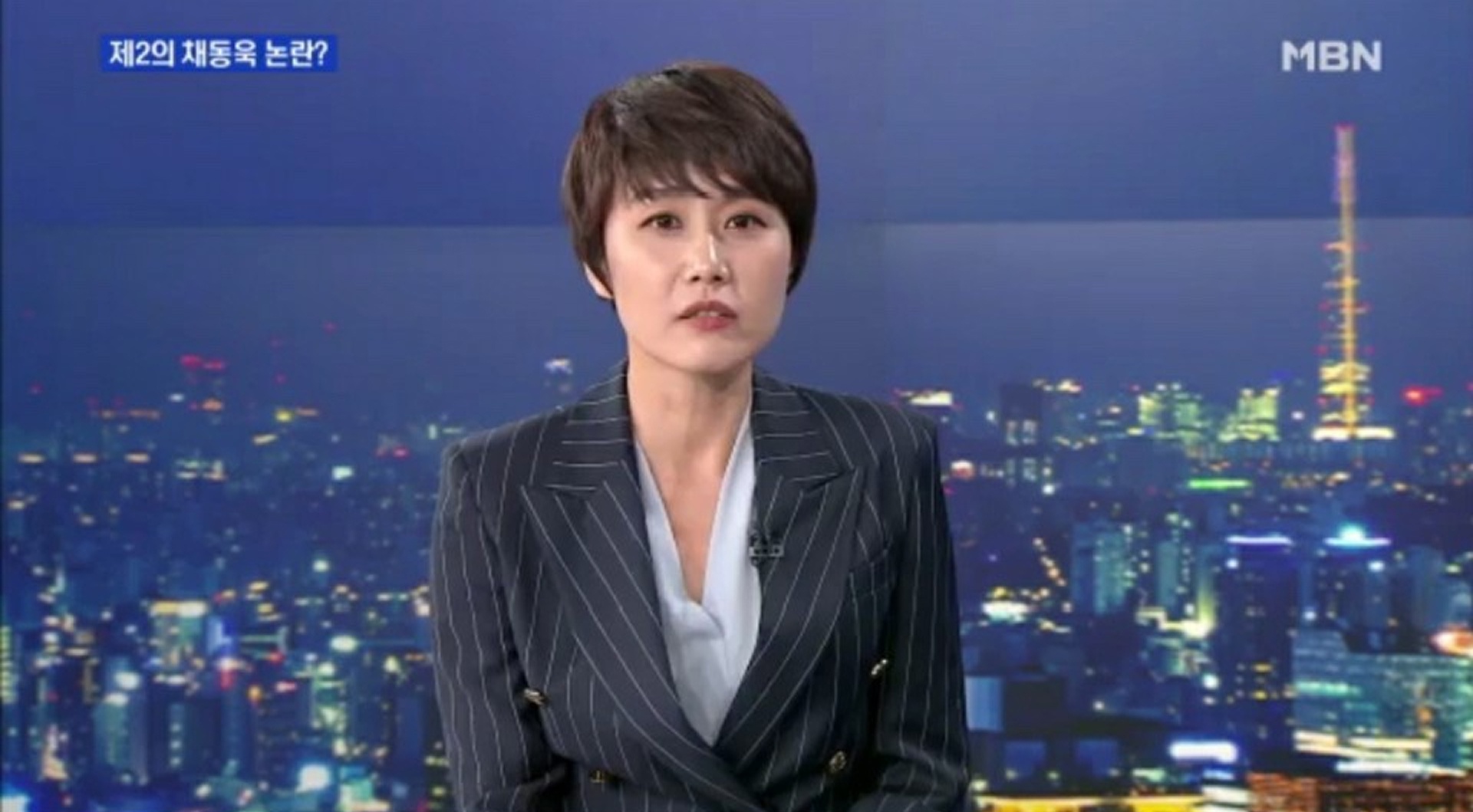
Journalism was my childhood dream—even before I entered elementary school. I sometimes find it amazing that I had such a clear goal at such a young age. I spent my school years enjoying broadcast club activities: school announcements, hosting festivals, and making great memories with peers and seniors. That dream turned into a goal, and the goal eventually became a reality. As a journalist, I often thought, “I’m so fortunate,” because I got to do the work I truly wanted. Now in my mid-40s, I look back and realize just how fast time has flown.
I accompanied the Prime Minister’s diplomatic visits to the U.S., Chile, Uruguay, and Argentina—moments where I truly felt Korea’s global competitiveness. I also led joint projects with the Ministry of Foreign Affairs to deliver Korea’s international messages. I covered major legal and political events like judicial scandals, high-profile trials of President Lee Myung-bak and Governor Ahn Hee-jung, and earlier still, I remember my field coverage of the Sewol ferry disaster and the Chun Doo-hwan restitution investigation.
On a smaller scale, one vivid memory was yelling “Merry Christmas!” live in front of Myeongdong Cathedral on Christmas Eve. I returned home alone after the live shot—hungry, exhausted, feeling a mix of guilt toward my family and loneliness while watching others appear so joyful. That moment has stayed with me.
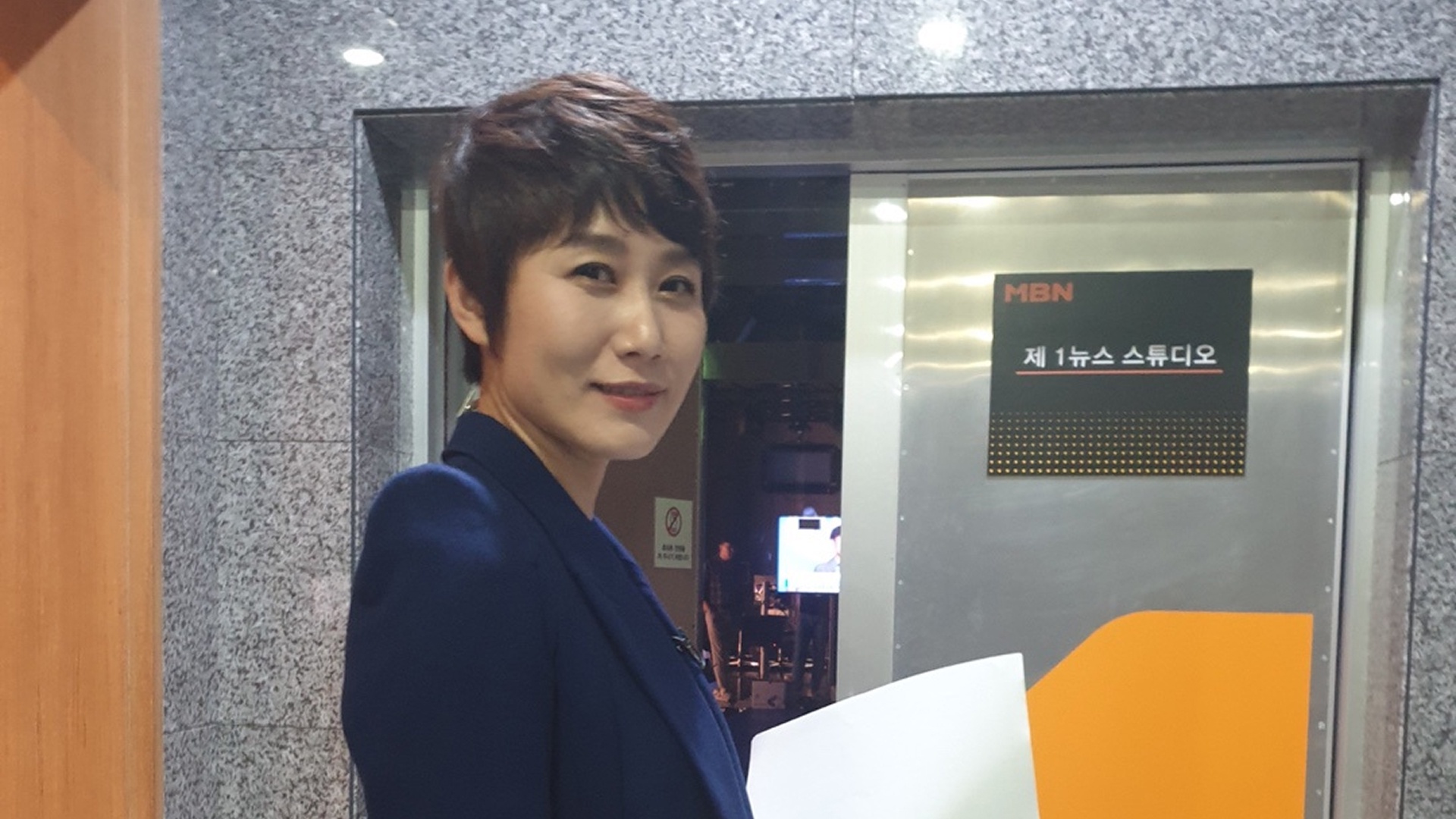
It’s hard to explain, even for journalists themselves. Journalism isn’t usually associated with kindness or warmth—we’re often seen as harsh or critical. I’ve endured countless insults and even threats after publishing articles. But those experiences made me stronger and taught me to be more thoughtful in my reporting.
What kept me going, despite the hardship, is that as a journalist, you can meet anyone. When you're curious, you have the privilege to ask questions and truly listen. That’s the greatest charm of journalism: giving voice to others and delivering their stories to the world. It’s powerful and humbling at once.
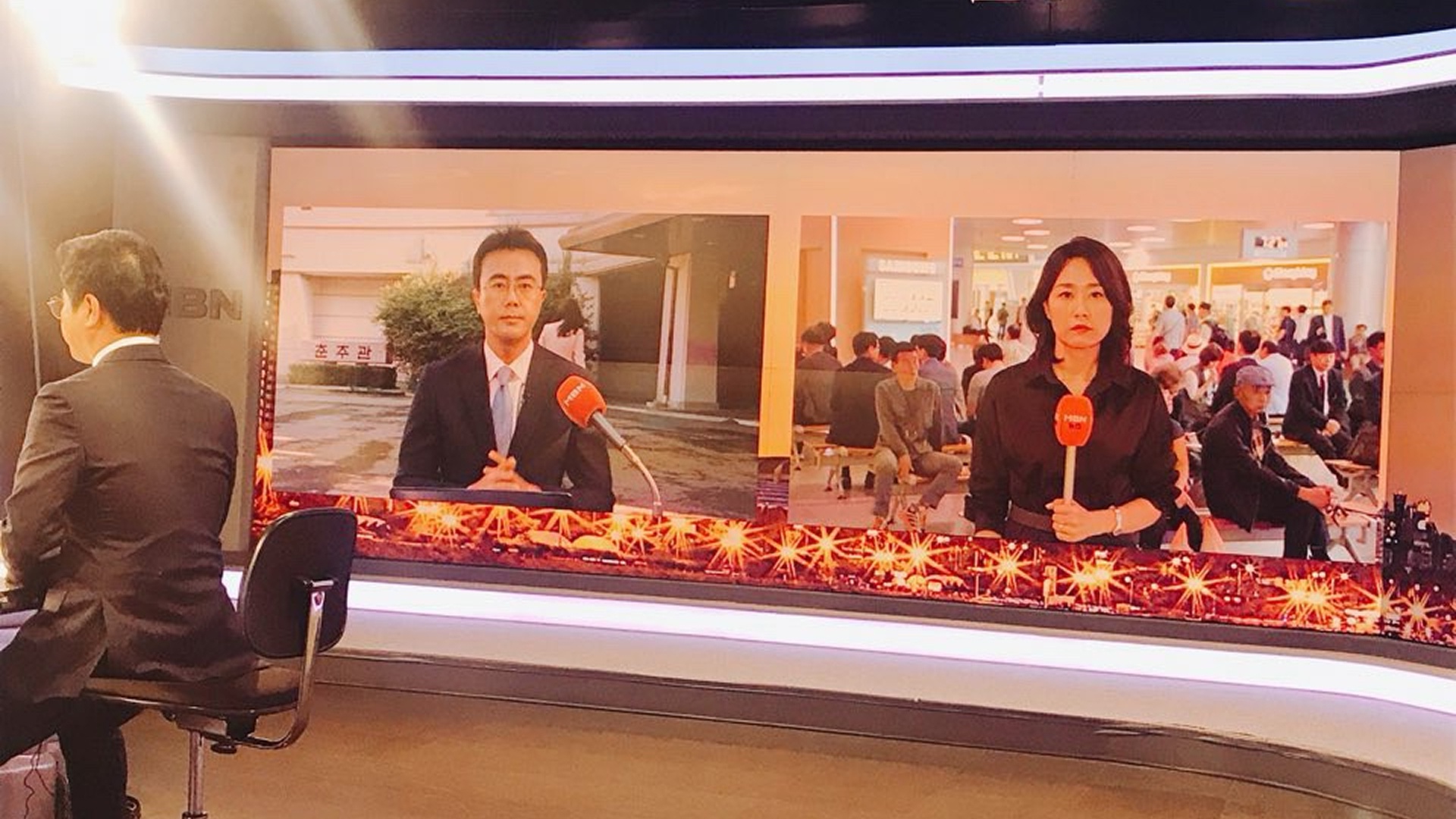
I wouldn’t claim to have a grand “philosophy,” especially when so many respected journalists have decades of experience. But I’ve always believed this: I am a “conduit.” So I’ve focused on listening, even asking experts to explain complex issues more simply, or studying thick books overnight just to grasp the topic. Journalism demands ongoing learning because no formal education can prepare you for every topic you’ll encounter.
Trying to fulfill the role of a conduit is difficult, especially when new issues arise nonstop. Some I responded to well, others I didn’t. But those layers of experience help deepen later work. It’s a slow, but steady process of growth.
I love it. I studied philosophy and art history in college and always dreamed of going deeper into art history—possibly in grad school. But life got in the way. So whenever I traveled, I’d visit art museums.
Now, in the U.S., I can indulge in that passion. I live 20 minutes from some of the world’s top museums—places that required vacation days to visit back home. Seeing a masterpiece once is special, but seeing it again and again with more context brings a whole new dimension. It’s such a gift.
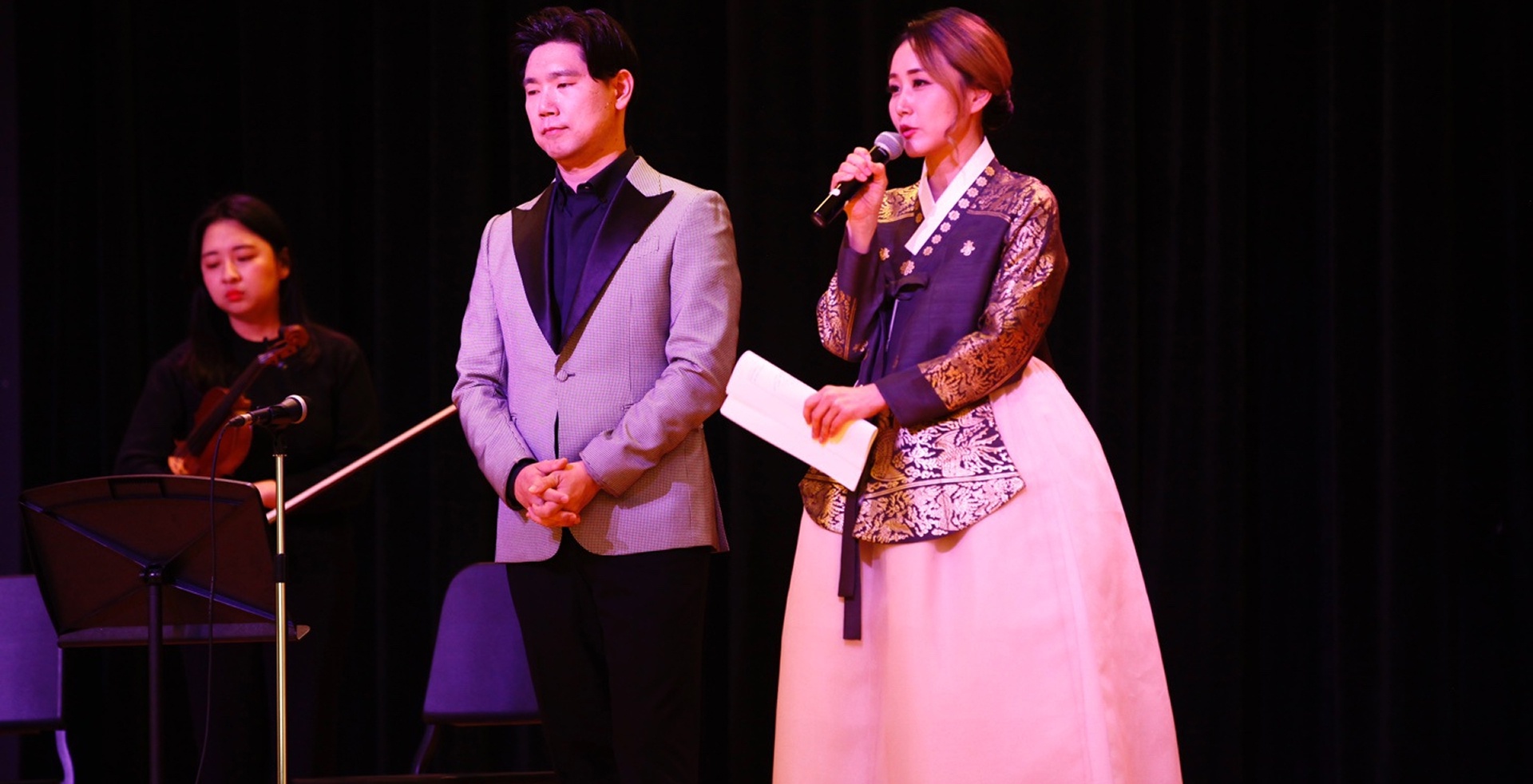
Processes here are slower than in Korea, which used to frustrate me. But I’ve adjusted. I no longer feel like I’m the only one inconvenienced. Life here flows at a slower pace, and that’s okay.
Another thing that struck me is how naturally people help one another—driving each other’s kids around, bringing meals when someone is sick—it’s second nature here. I’ve received so much unexpected help from friends. That made me want to give back. I feel gratitude daily.
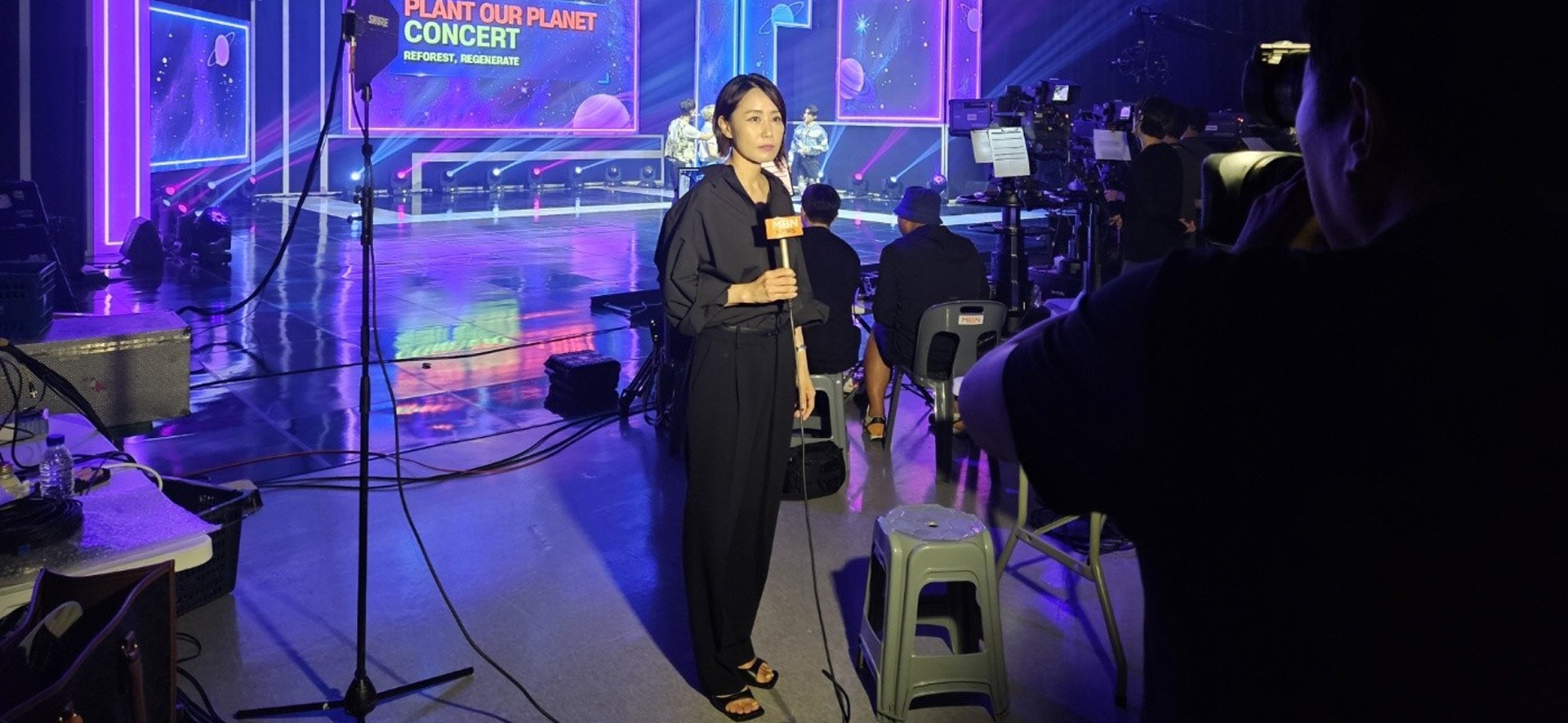
I’ve recently taken up Korean calligraphy. I met a wonderful teacher and a great group of fellow learners. We even held an exhibition last December, and I submitted a piece! It’s so different from my past hobbies like skiing, golf, piano, or marathon running.
Calligraphy is meditative and inward-facing. Preparing ink, holding the brush—it centers me. It’s almost mystical that I picked up a traditional Korean art form here in the U.S., and I feel like meeting my “calligraphy friends” was fate.
Many parents probably wonder: “Will my child adapt here?” Some do, some don’t. The education system, classroom dynamics, and teacher roles are very different from Korea.
Before moving, my husband and I did our homework—we explained everything to our son: grade changes, curriculum differences, study habits. Still, the reality he faced was tougher than we imagined.
Watching him build new friendships and adapt made me proud. I thought, “Could I have done that at his age?” It affirmed that coming here was the right decision.
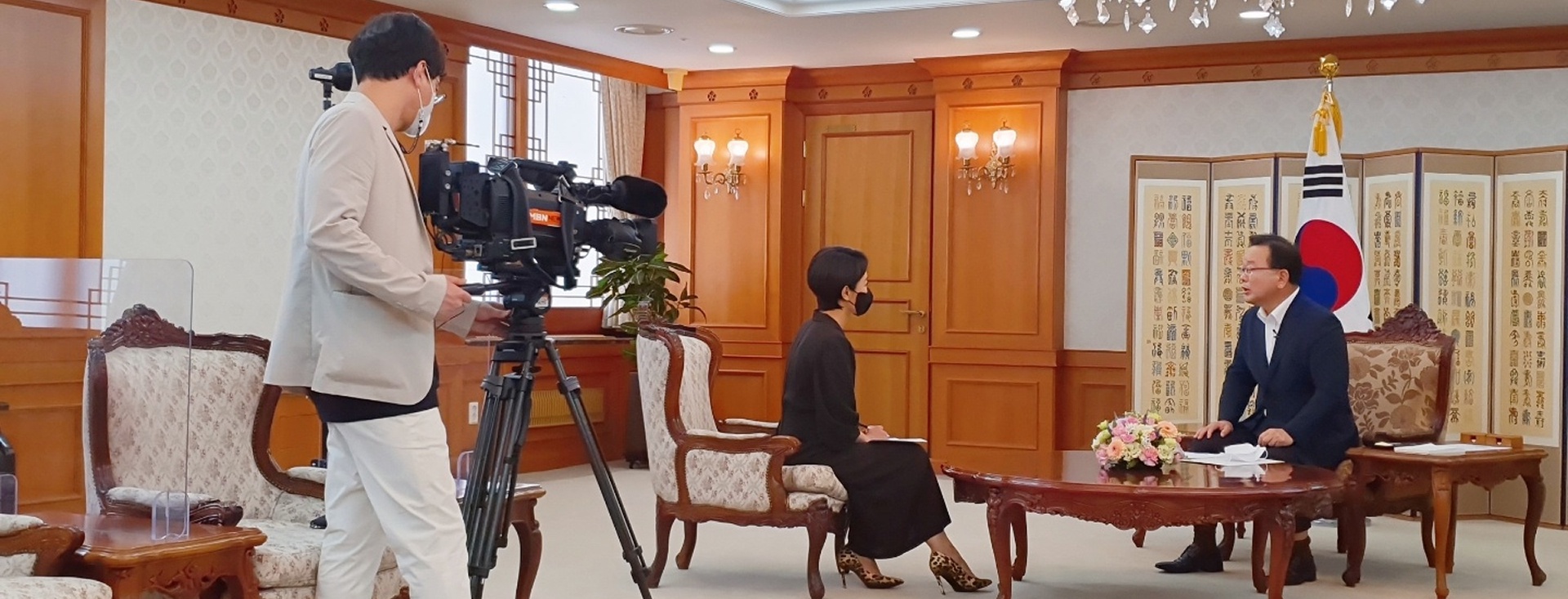
When the weather’s nice, I pack a lunch and head to the High Line Park. Reading alone, then enjoying my meal—that’s my personal “healing point.”
In colder months, I’ll park near the Hudson River, sit in the car, and listen to music. It feels surreal—like I’m dreaming. Then I worry the memory will fade with time. So I remind myself: Enjoy this now.
Who knows? But I believe there’s a reason I’m here right now. Only God knows the purpose and how He will use me. So I choose to live fully, in gratitude, and stay present in this moment.
In 2024, I hosted a Lunar New Year event for 500 Korean Americans in the area. As a former broadcast journalist, I was asked to emcee. While organizing the event—planning segments, writing scripts—I was reminded of my school broadcast club days.
That made me think: rather than emceeing again next year, why not create a platform for students to experience this? So I proposed KHBS. Some parents were cautious, others encouraging. I explained: KPAC is a parent group for students, and this aligns with its mission.
With strong support, we began selecting student anchors and producers through video and written applications. We built cue sheets, scripts, and launched full rehearsals. That’s how KHBS was born.
Responsibility—above all. No matter your role, big or small, it's vital to the whole.
Some projects will spotlight you, others won’t. Stay humble when you're in the spotlight, and don’t get discouraged when you're not. That mindset is rooted in responsibility. KHBS teaches students to own their part and give their best.
I told parents: I’ll lay the groundwork with 17 years of journalism experience. KHBS is a creative playground for your kids.
The students are already bursting with ideas. They’re sharp, trend-savvy, and eager. We’ll offer structured education to guide them. Their work will become standout portfolios for their future.
But more than that, the values they learn—teamwork, commitment, communication—are priceless.
I can see it in their eyes. Mistakes don’t matter; effort does.
Each of the 12 students has unique strengths. When some breeze through tasks, I challenge them further. Others struggle, but once they break through, they gain speed. Watching them push themselves is the most fulfilling part.
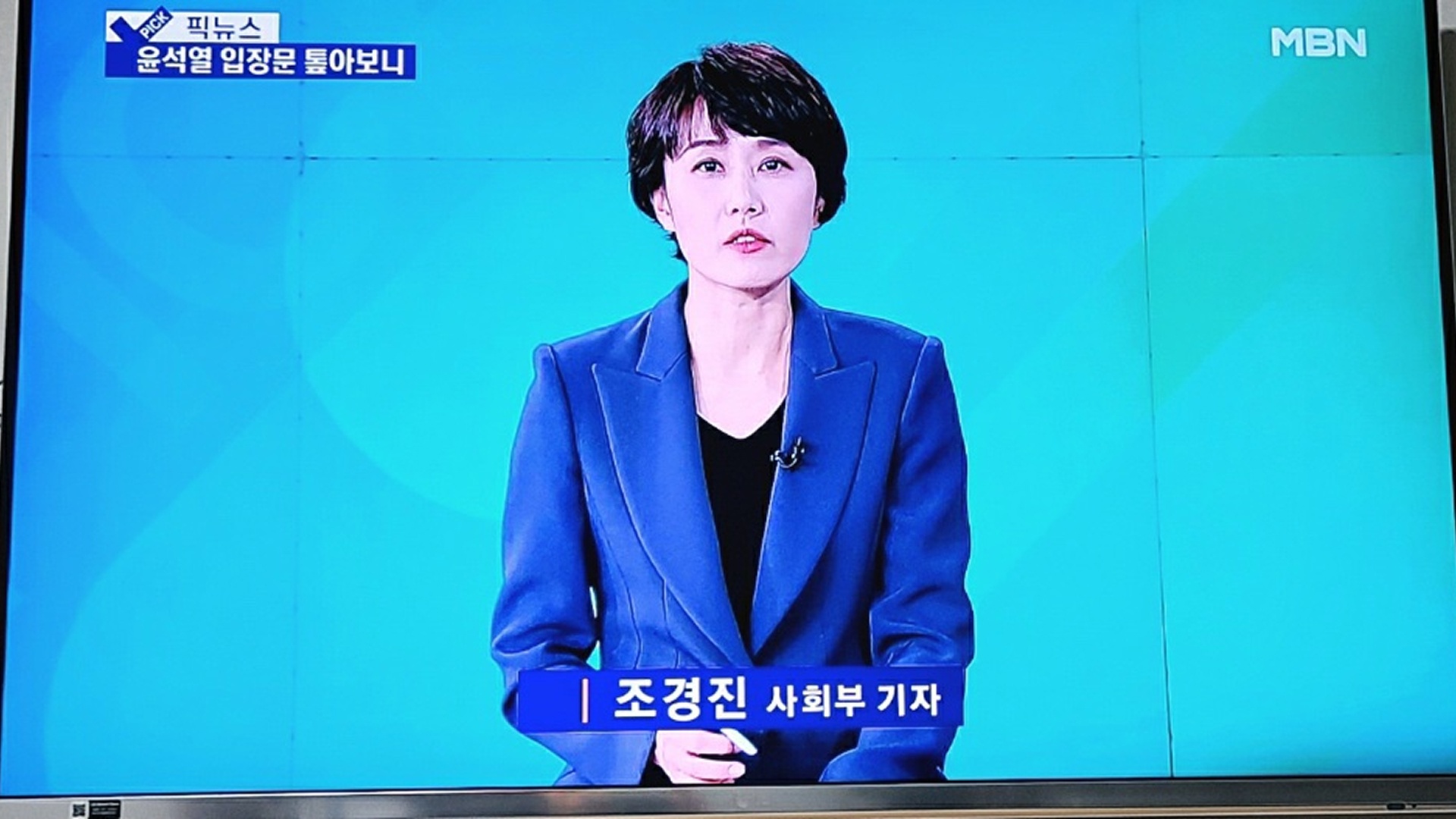
Teaching requires preparation. I dedicate much of my personal time to KHBS. We even use my home as a practice space.
It’s exhausting, but necessary. I’m focused on building a system—one that functions beyond me, and lasts for 10, 20 years.
I’ve asked parents for support—not for any one person, but for the collective good. Many have helped generously, and I’m grateful.
In December, we’ll recruit our second class. For the 2025 Lunar New Year, we’ll hold public auditions for four new anchors.
The current cohort will continue developing content and learning. They’ll manage KHBS social media and grow into confident storytellers.
My hope is that one day, when they look back, these memories will feel warm and empowering.
And if anyone wants to collaborate with KHBS, our doors are always open.